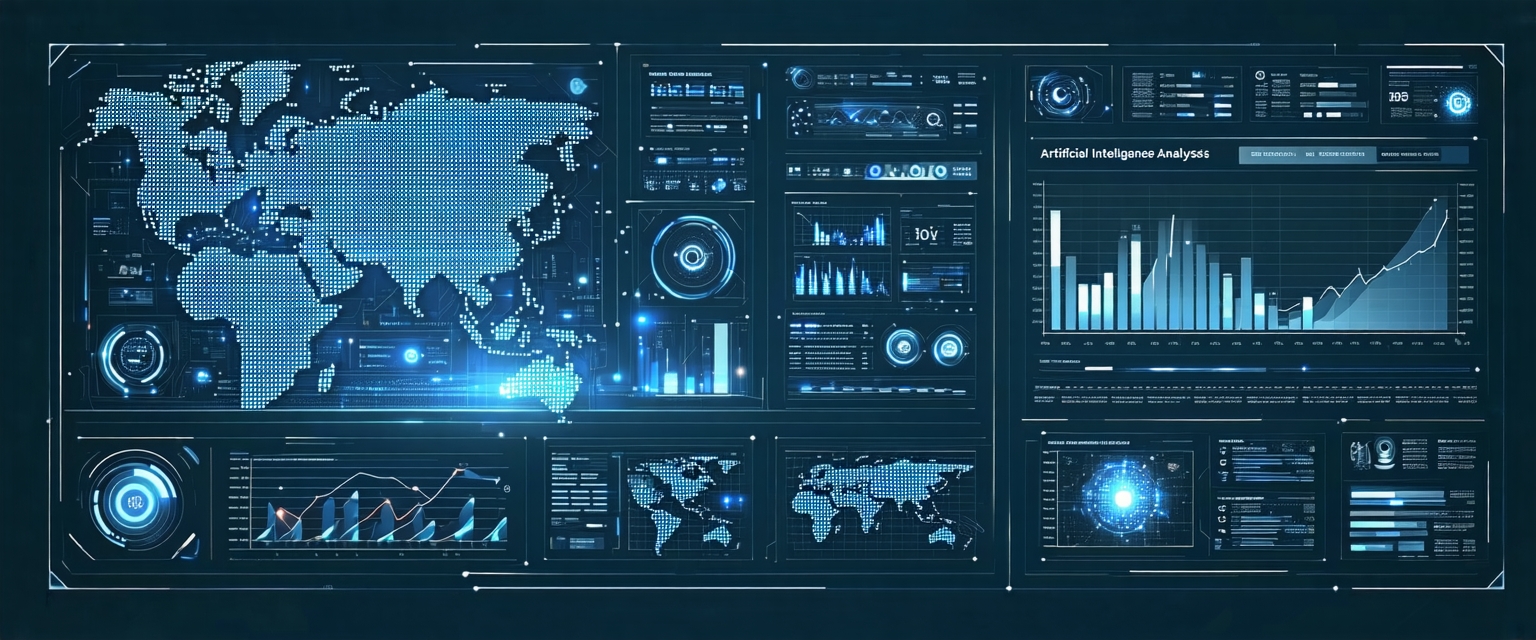






The field of market analysis is undergoing a rapid transformation, driven largely by advancements in artificial intelligence (AI) and machine learning (ML). These technologies are improving the accuracy and speed of predictions, leading to more informed decision-making.
Traditional market analysis relied heavily on human expertise and historical data. This approach, while valuable, was often limited by biases, the sheer volume of data, and the inability to process complex, non-linear relationships. The rise of big data and sophisticated algorithms has begun to address these limitations.
Recent developments focus on incorporating alternative data sources, such as social media sentiment, news articles, and satellite imagery, into predictive models. AI algorithms are now capable of identifying subtle patterns and correlations that would be impossible for humans to detect manually. This leads to more accurate forecasting of market trends and consumer behavior.
Furthermore, advancements in natural language processing (NLP) enable the analysis of vast amounts of unstructured textual data, providing valuable insights into market sentiment and potential risks. This allows analysts to move beyond simple numerical data and gain a richer, more nuanced understanding of the market.
The improved accuracy and speed of market analysis translates directly into better investment strategies, more effective risk management, and optimized pricing strategies for businesses. Companies are using these tools to anticipate market shifts, personalize customer experiences, and make more data-driven decisions across all departments.
While the benefits are significant, it’s crucial to acknowledge that AI is a tool, not a replacement for human judgment. Ethical considerations and potential biases within the algorithms require ongoing monitoring and refinement.
The future of market analysis likely involves further integration of AI and ML techniques with other emerging technologies such as blockchain and quantum computing. This could lead to even more sophisticated models capable of handling even greater volumes of data with unprecedented accuracy and speed.
Research into explainable AI (XAI) will also be crucial, aiming to make the decision-making processes of AI models more transparent and understandable, fostering trust and accountability.
“`